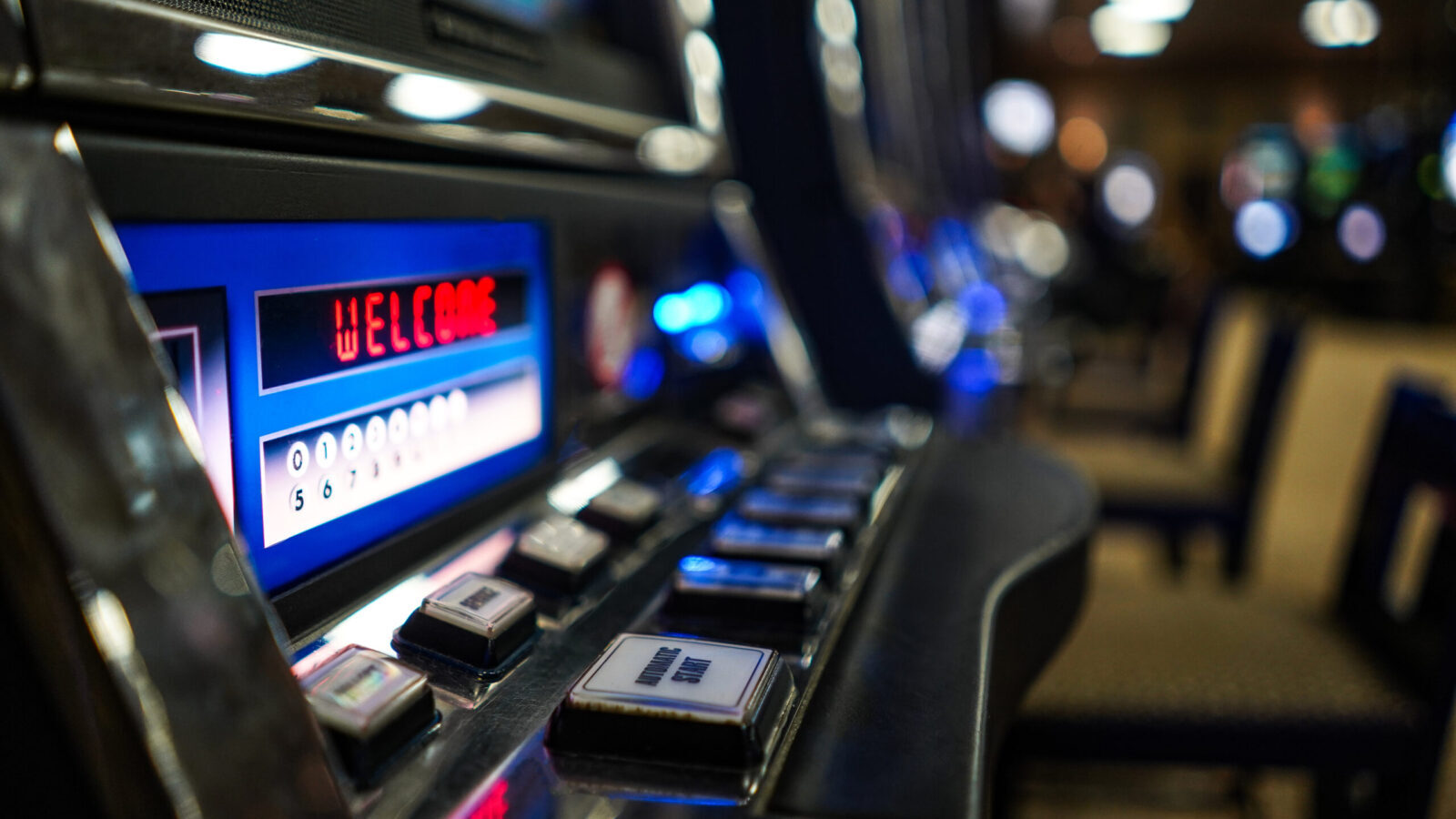Lawsuit Targets ‘Gray Machines’ Industry In Kentucky, Echoing PokerStars Settlement
The suit revives a centuries-old law that allows gambling claims to be filed by anyone
3 min

In a move reminiscent of Kentucky’s landmark case against PokerStars, a new lawsuit targeting operators of so-called “gray machines” in the state could force gaming companies to pay millions of dollars. Filed by the nonprofit Empathy in Action, the case seeks to recover funds lost by Kentucky residents over the past five years while playing cash-payout machines.
The suit invokes a 226-year-old law previously used to extract a $300 million settlement from PokerStars. It hints at a potential financial reckoning for the burgeoning skill games industry in the state.
The legal basis for the lawsuit traces back to Kentucky’s Loss Recovery Act, enacted in 1798, which permits individuals to recover losses incurred through illegal gambling. The law grants residents six months to sue for funds lost in an illegal wager, but if no claim is filed within that window, any third party — like Empathy in Action — can step in. That third party can sue for up to three times the amount lost over a five-year period.
This law was used with success in 2011, when Kentucky, under former Gov. Steve Beshear’s administration, sued PokerStars to recover funds from unregulated online poker. After a protracted legal battle, Kentucky won a $300 million settlement in 2021, part of an original $1 billion judgment upheld by the state’s Supreme Court.
The precedent set by that case now looms over Kentucky’s gray machine industry, which finds itself in the crosshairs of Empathy in Action’s latest legal initiative.
Nonprofit Empathy in Action steps into the fray
Empathy in Action, a charity run by lead attorney Vanessa Cantley, filed the lawsuit in Franklin Circuit Court. It marks a significant escalation in efforts to rein in Kentucky’s gray machine operators.
The lawsuit names nine defendants, including some of the largest makers and distributors of the games, such as Pace-O-Matic and Prominent Technologies. It also targets those businesses housing the machines — such as gas stations and bars.
“Our hope is that in the discovery process in the lawsuit, they’ll be compelled to turn over the information that’ll give you the answer to that question [of how much money Kentuckians have lost playing the games],” Cantley explained. “We certainly expect it to be many millions of dollars. Otherwise, they wouldn’t be so prevalent, they wouldn’t be all over the state.”
According to the complaint, the nonprofit seeks to recover what Kentuckians have lost to these machines. Any awarded funds will be given to state efforts aimed at combating gambling addiction and supporting small businesses in underserved communities.
The gray machine phenomenon
Skill games, or gray machines, began proliferating in Kentucky around 2021, operating in a legal gray area. These devices, which closely resemble slot machines, offer cash payouts but differ in that they require some degree of player interaction. Manufacturers argue that, because the games require a player to touch the screen to win, they are not entirely games of chance. As such, they’re not subject to the state’s anti-slot machine laws.
By 2023, Pace-O-Matic and Prominent Technologies had installed thousands of such machines in convenience stores, bars, and gas stations across the state. However, their rapid spread alarmed lawmakers, leading to the passage of a bill explicitly banning these devices.
These companies have developed new iterations of the machines, claiming they comply with legal standards, setting the stage for further legal and regulatory conflicts. That approach is now being tested in Kentucky’s courts, with companies seeking to continue operations under modified legal interpretations.
The stakes for Kentucky’s gray machine industry
The lawsuit marks the latest chapter in Kentucky’s evolving relationship with gaming laws. While the state has shown a willingness to embrace certain forms of gambling, such as its prominent horse racing industry and a growing interest in sports betting, illegal gambling remains a contentious issue.
For gray machine operators, the outcome of this lawsuit could be financially devastating. If successful, the lawsuit could compel these companies to pay back millions in lost wagers, potentially mirroring the costly PokerStars settlement. Additionally, the case could dissuade other skill game operators from attempting to operate in the state.
In contrast, those opposed to the machines see the lawsuit as a crucial step in regulating an industry they believe preys on vulnerable communities. Empathy in Action has emphasized that any recovered funds would be used to address the social harms caused by gambling, including addiction and the exploitation of small businesses in rural areas.
Future implications
The case against the gray machine industry could have broader implications for the gaming sector nationwide. Other states grappling with the rise of skill-based gambling devices may look to Kentucky’s legal framework as a model for reining in what they see as predatory gambling practices.
Virginia initially allowed skill games to proliferate, but after concerns about their legality and impact on communities, the state took decisive action. In 2020, Virginia passed legislation banning skill games, arguing that they closely resembled illegal slot machines.
However, the ban was delayed by a lawsuit filed by a skill games manufacturer, and an injunction allowed many machines to remain in operation until further legal clarity could be reached. Despite the ban, the lawsuit has prevented full enforcement, illustrating the ongoing legal wrangling over these games in the state.
Pennsylvania has seen significant controversy over skill games, with law enforcement and state agencies taking differing approaches. While skill games remain largely unregulated in the state, Pennsylvania has repeatedly cracked down on them, with the Pennsylvania State Police seizing machines and issuing fines.
In 2019, the Pennsylvania Lottery, which competes with skill games for gambling dollars, estimated that the machines were costing the state lottery up to $200 million in annual revenue. Lawmakers have since introduced bills to explicitly ban skill games, but legal battles have kept them in limbo, much like in Virginia.
Other states have also weighed in, but with varying responses. Missouri also wants to ban them, while Ohio and Georgia want to regulate them.





